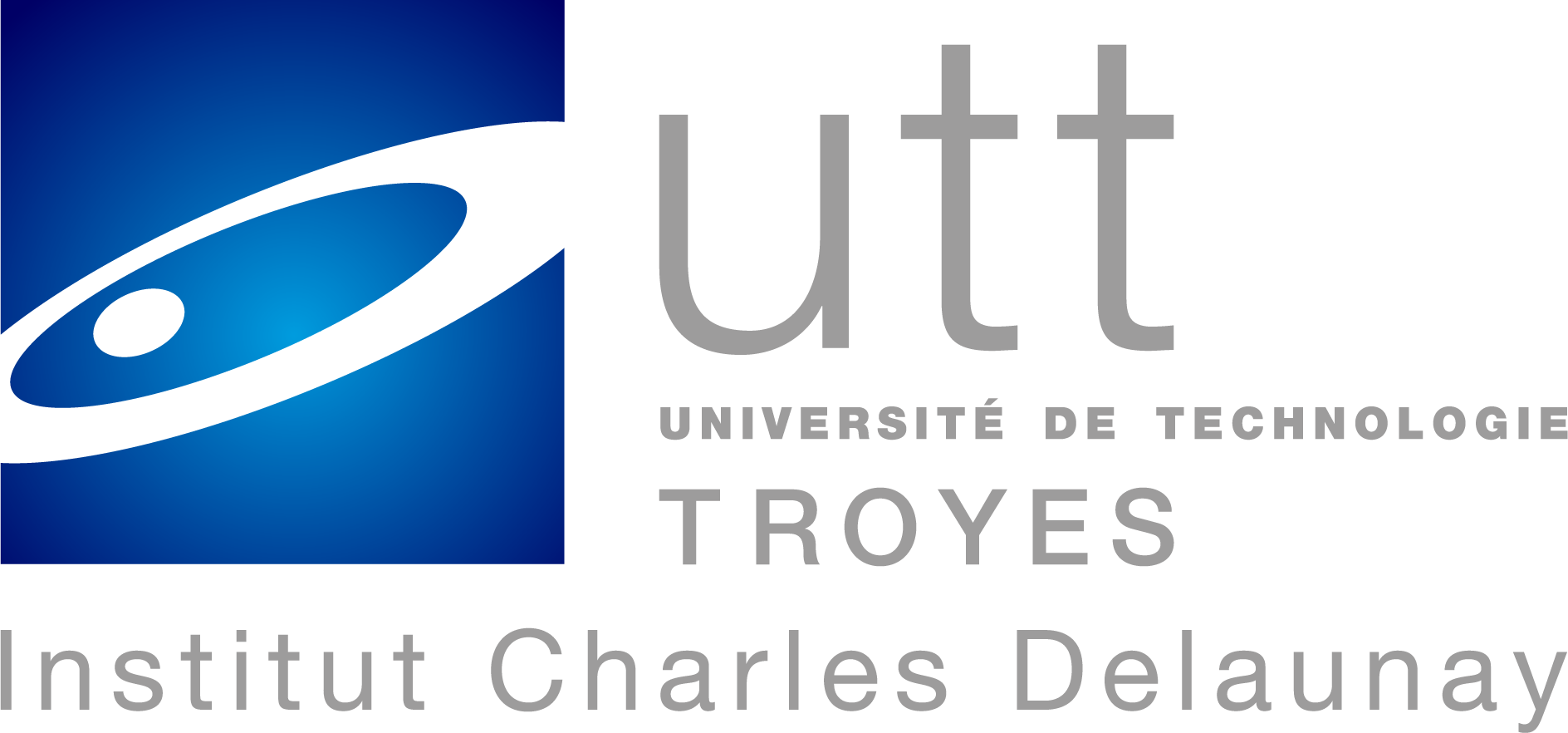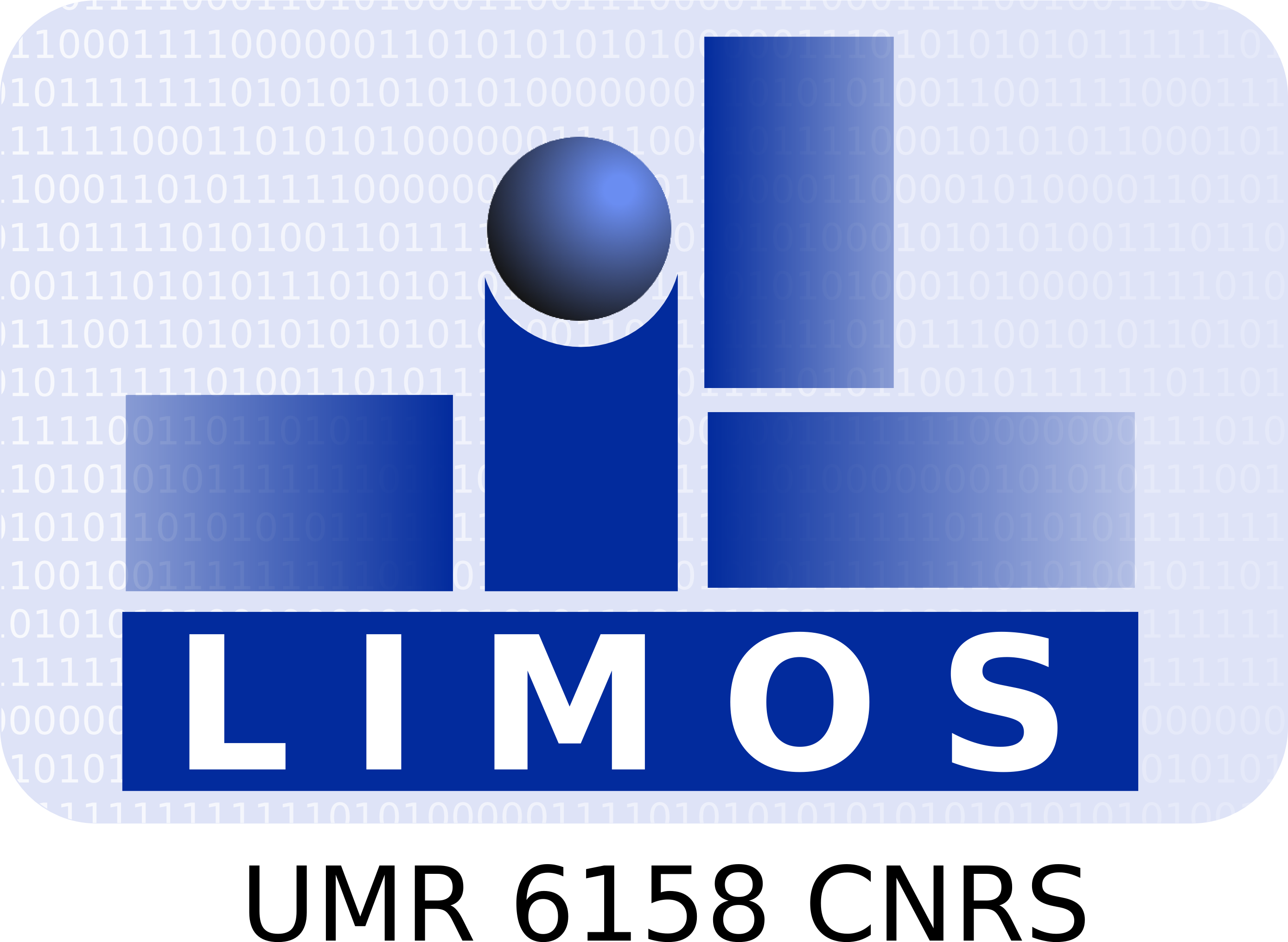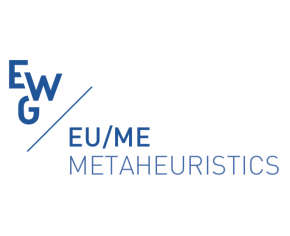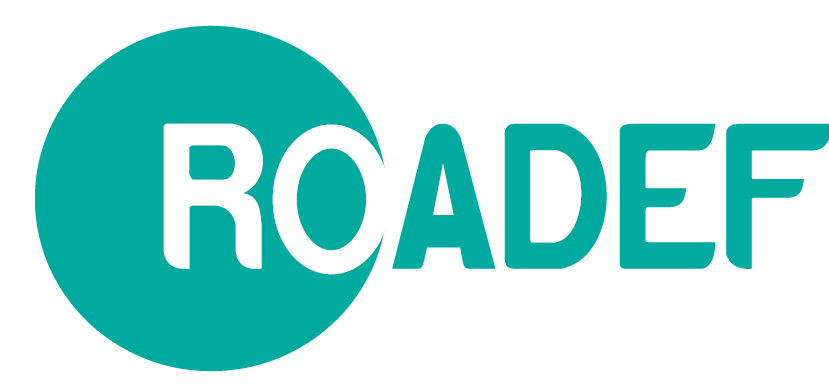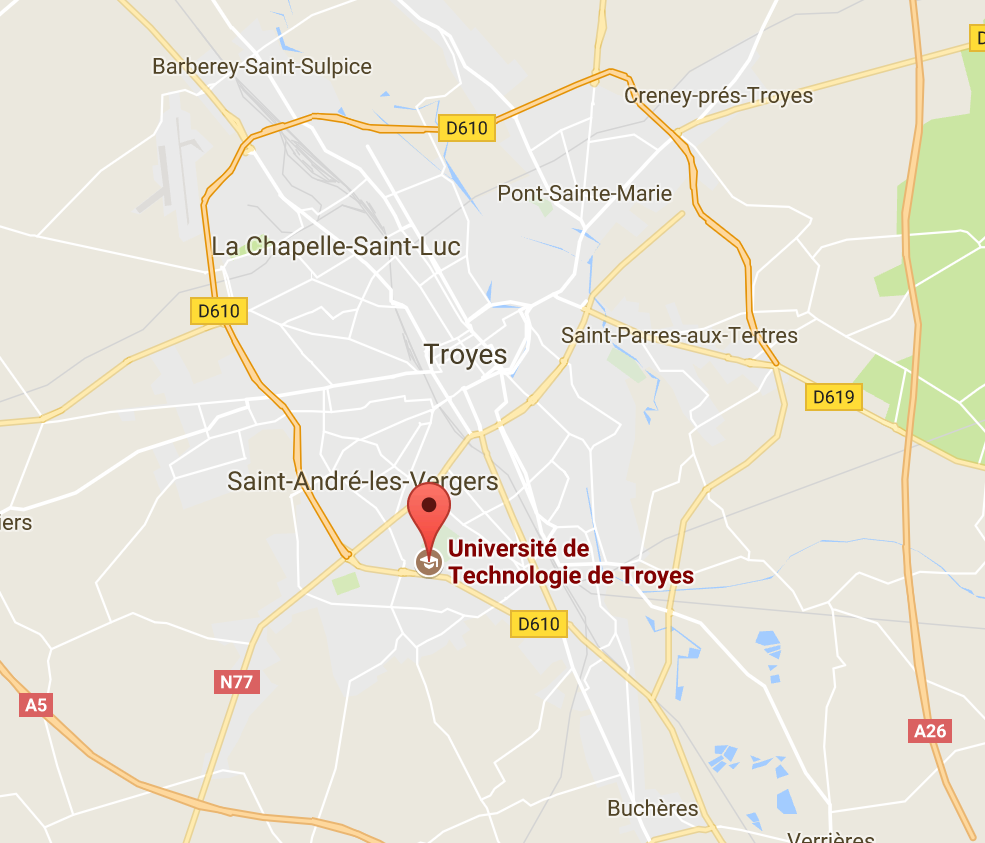-
-
Presentation of the School at the ROADEF 2018 conference (Unfortunately in French only)
-
There is no automatically send registration certificate since all the participants are listed on the web site, in a public page where all data are available.
If your administration required an registration certificate, feel free to contact us : it will be send to you in short delay.
-
Technological advances imply new business practices and new trends create exciting opportunities, reducing costs and improving speed and operational efficiency when decision problems are integrated.
These three days, which will take place at the University of Technology in Troyes, France, from 14 to 16 May 2018, deal with Integrated Operations Problems and bring together several scientific events:
- the GdR-RO Fourth School for Young Researchers;

-
- the Connected Innovation Chair Spring Conference.

-
- the working days of the GT Meta and GT OSI.
They are dedicated to PhD students, researchers and Industrial engineers who wish to acquire knowledge on Operational Research applied to logistics, with lectures on vehicle routing, scheduling, but also methodologies such as metaheuristics, column generation, exact approaches, constraint programming, and an opening towards subjects (connected objects, data analysis) related to the collection and processing of information useful for decision-making processes in the current industry.
The three-days format has been adapted in such a way that the participants can attend to most of the subject studied. Therefore, each theme studied will start with a 1h30 introductory course related to the topic. This introductory course will provide all the basic notions necessary to fully assimilate the advanced elements that, for some of them, will be presented in 3-hour optional computational sessions given with more elaborate and technical content around the same paradigm. These projects will provide an opportunity to illustrate concretely, how techniques work. All interventions will be carried out by senior researchers in the field.
Registration is completely free but mandatory.
It is primarily open to members of the support laboratories of the GdR-RO and SEIO.
2017, November 27th
For META : L. Deroussi.
For the GT2L : C. Prodhon.
For OSI : L. Zaourar.
For Bermudes : C. Bloch.
-
This GdR-RO international spring school on Integrated Operational Problems is organized by the GdR-RO and 4 of its working groups taking in charge the scientific organization and a part of the financial expenses:
• The French GdR-RO. Special thanks to Pr. Alain Quilliot who provides us constant support and help. • GT Meta devoted to research on meta heuristic (L. Deroussi, P. Siarry and El. Ghazali Talbi). • GT OSI, devoted to optimization of integrated systems (L. Zaourar, A. Rossi and Y. Kieffer). • GT2L, devoted to transport and logistic problems (P. Lacomme, C. Prodhon and N. Jozefowiez). • GT Bermudes, devoted to scheduling problems in industry 4.0 context (Ch. Block, S. Norre and D. Lemoine).
The project was carried out also under the scientific and financial support of: • The host team ICD-LOSI from the UTT. Special thanks to its head, Pr. Farouk Yalaoui for his support. • The EU/ME working group, which harnesses the collective efforts of the international community to promote the metaheuristics. Special thanks to Pr. Marc Sevaux who has shown confidence in us for a very early project of the School. • The Spanish operational research society SEIO that gives to the event a great visibility for the south europe. • The French operational research society ROADEF for support and help.
-
Pr. A. Quilliot
Head of the GdR-RO
Ecole Jeune Chercheurs R.O 2018 a TROYES
Le mot du GDR RO 3002, CNRS .
Depuis 2015, le GDR Recherche Operationnelle du CNRS (Institut INS2I) a pris l'habitude d'organiser chaque annee une ecole Jeunes Chercheurs et Doctorants. Ce parti pris correspond au souhait tres fort du CNRS-INS2I de voir ses GDRs consacrer une part importante de leurs activites et de leurs moyens a des activites ayant un impact en termes de formation. C'est ainsi que, parallelement, le GDR R.O consacre chaque annee environ 3000 Euros au financement de bourses de Mobilite Doctorante, qu'il organise des tutoriels semi-pleniers lors des colloques ROADEF ou MOSIM et qu'il soutient de facon significative toutes les initiatives prises par ses Groupes de Travail (GT) afin de mettre en place des actions ciblees sur les jeunes.
La premiere Ecole Jeunes Chercheurs du GDR R.O s'est tenue a METZ, a l'ete 2015, autour de L'Optimisation Combinatoire et de l'Ordonnancement. Elle etait portee conjointement par les GTs GOTHA, AGAPE et POC, sous la responsabilite deImed KACEM. La seconde a eu lieu a GRENOBLE en Juillet 2016, autour de la Modelisation et de l'Optimisation Stochastique, portee par les GT COSMOS, PM et MAO-ORGDS, sous la responsabilite de Jean-Marc VINCENT et Emmanuel HYON. La troisieme vient d'avoir lieu, en Septembre 2017, a PORQUEROLLES, sur le theme des Contraintes. Elle a donne lieu a un rapprochement avec les communautes Intelligence Articicielle, etant portee conjointement par le GT R.O/Contraintes et par l'Association Francaise de Programmation par Contraintes, sous le pilotage operationnel de Marie-Jo HUGUET, Arnaud MALAPERT et Xavier LORCA.
La quatrieme edition de cette ecole Jeune Chercheur du GDR R.O se tiendra donc en Mai 2018 a TROYES, dans les locaux de l'UTT, sur le theme des methodes algorithmiques pour la gestion de problemes operationnels (production, transport, sante) integres. Son portage associera, outre le GDR R.O lui-meme, le Laboratoire LOSI de l'UTT, sous la responsabilite des deux porteurs du GT GT2L : Philippe LACOMME (LIMOS) et Caroline PRODHON (LOSI).
Il s'agit d'un choix qui nous semble judicieux, et dont nous attendons beaucoup. Car en effet, il s'avere d'une part que le GT GT2L (Transport et Logistique), qui entraine ici dans son sillage un certain nombre de GTs, est au coeur de ce que l'on peut designer comme les Problemes Operationnels de l'Aide a la Decision, et d'autre part que l'UTT, ecole d'ingenieurs, et le LOSI, laboratoire repute sur les problematiques de la Decision Industrielle et du Transport, disposent completement du potentiel et de la culture qui convient a l'organisation de ce genre d'evenement.
Nous invitons donc fortement les doctorants de R.O repartis dans nos laboratoires a participer a cette ecole, dont ils tireront certainement le meilleur parti en termes d'apprentissage a de nouvelles methodes et techniques et de constitution de reseaux relationnels, tout en decouvrant cette terre tres riche a la fois de vignobles et d'histoire qu'est la Champagne.
• Download the official letter :
Pdf file
-
The international spring school is a joint event with the Connected Innovation Chair days.Pr. F. Yalaoui
Head of the LOSI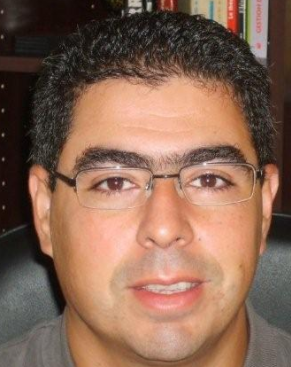
The "Connected Innovation" Chair, promoted by Pr. Farouk Yalaoui and supported by Norelem and Concerto companies and La Chambre du Commerce et de l'industrie de Troyes et Aube, was inaugurated on July 3rd, 2017 at the University of Technology of Troyes.
This Chair aims to develop new optimization models, methods, and smart data exploitation applied to different environments such as: logistics and production systems and markets with the perspective of optimizing performance in order to provide decision-making tools that will help to tackle the challenges of the industry of the future. These issues represent a response to several simultaneous transitions: energetic, ecological, digital, organizational and societal. The aim is to modernize the production tool as a system and to support companies in the transformation of their business models and organizations by developing indicators and strategies validated by scientific research. Thus, the Chair challenge is to enable companies in the Grand Est region and beyond, to perform their transformation in a competitive environment at the global level.
In addition to the support of the partners and founding members of the Chair as well as the involvement of the researchers of the Industrial Systems Optimization Laboratory, the Chair has been strengthened by the recruitment of a doctoral student and a postdoctoral fellow. These researchers are already involved on the various scientific research subjects or themes identified within the framework of the Chair. These topics revolve around three main areas, namely: Smart Data and pricing, improvement and optimization of logistics and production systems and the evolution of the business model.
In another hand, the Chair will be engaged in a process of direct interaction with industrial and social partners through the organization and animation of a regular conferences cycle. These conferences will aim to bring together economic actors and researchers to discuss the topics of the latest real issues that could constitute opportunities for research and innovation. The overall concept is the connection of scientific research with industrial practice.
Tuesday, 11h
Title of the course: Optimization of smart grids: opportunities and challengePr. E.G. Talbi
Professor
Description: /
Tuesday, 14h
Title of the course: Internet of Things: An enabler for Factory of FutureMERGHEM-BOULAHIA Leila
Assosiate Professor at Troyes and Moez ESSERGHIR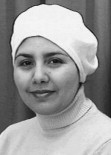
Description: This course presents the concept of IoT (Internet of Things) and its application in industry. It introduces the issues that researchers and industrials must deal with in order to deploy this kind of networks as well as the main algorithms and technologies used in this context. A focus will be made on some flagship applications of IoT in industry.
Tuesday, 16h
Title of the course: The trustfull promises of the Blockchain : a BIM use case overview focused on the trust and security blockchain featuresPh. Entzmann
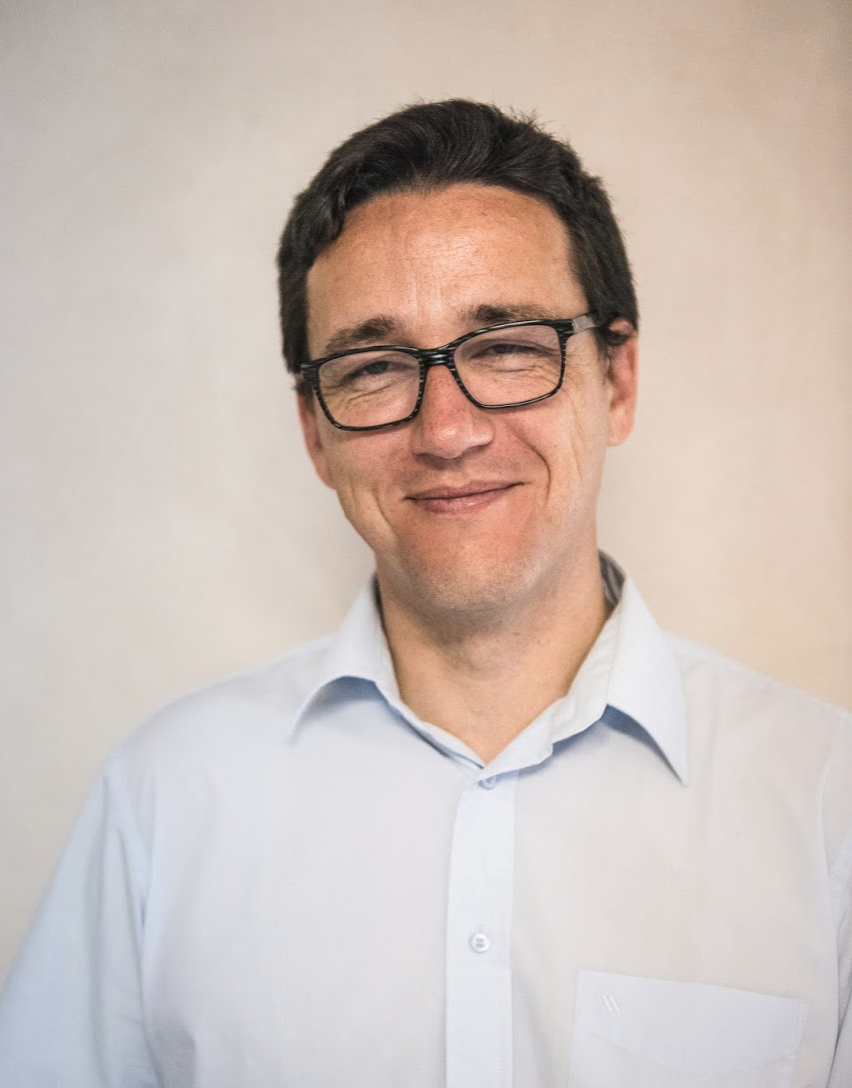
Description: Blockchain technology is on the starting block. The promises are great, a whole revolution that will change every bits of our digital life, like Internet did since two decades. Applied to Building Information Modellng (BIM), those breaking changes will deeply impact all the current business models. The trust and security features that provide the blockchain will offer a lot of opportunities. This will change the business model of all the BIM actors. By offering a greater support of value by sharing, checking, proving, faster and at lower cost. But blockchan is still a fast evolving technology with emerging best practices. There is no obvious standards yet. Definitily a great playground for business developpers and value makers !.
Tuesday, 18h
Title of the project based learning: Block chain IBM use casePh. and F. Entzmann and Rodrigues Dos Santos
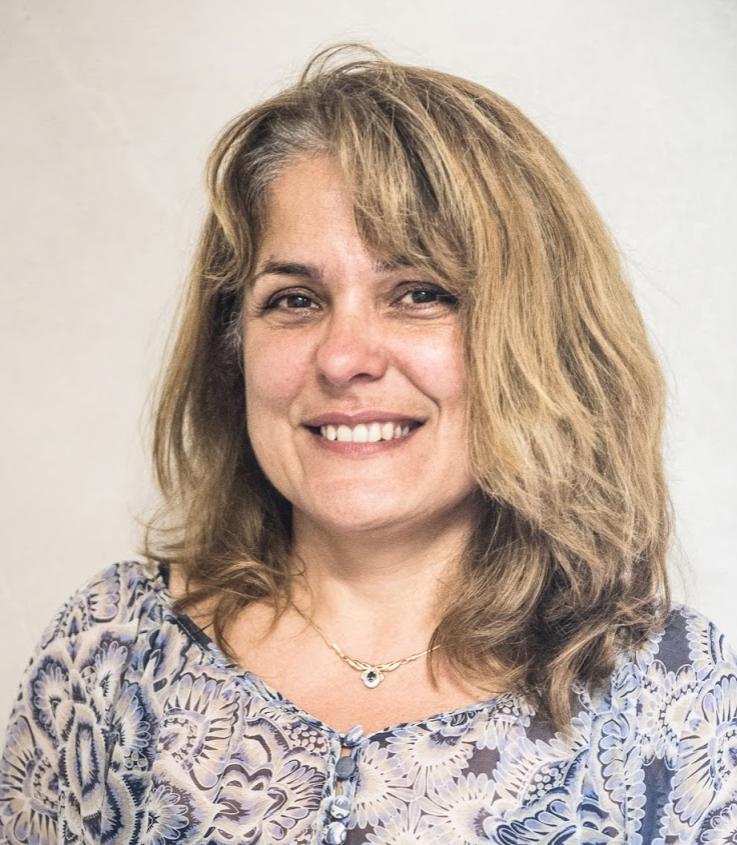
Description: A real case will be demonstrated by linking BIM files to a blockchain. The participants will operate on a real blockchain, producing and posting valuable data thru a web collaborative environnent wth sample BIM files. You can bring your own laptop or use the ones provided. The participants will experience a live use of the blockchain on a real case.
The registration is compulsory. • Download the registration card :
Word file Pdf file
For information, feel free to contact farouk.yalaoui@utt.fr
- Registration - Closing date for registration : 2018, april 10th (extension)
-
The spring school is free of charge but registration is compulsory. • Download the registration card :
Word file Pdf file • For problem, feel free to get in touch with us, email. • Warning , due to limited availability of space and because the school is free of charge sign-ins will be considered according to arrival order first, and the maximal number of participants is 140. Registration could be close earliest if the number of sign-ins exceed 140. • Note, each project based learning is limited to 20 participants who will be considered according to sign-ins arrival order.
- Preliminary Program
Because the final agreement of each spearker are not formalized, the program is a preliminary program that should be subject to modifications.
All details are available here

- Speakers and courses
Title of the course: integrated scheduling and routingPr. JC. Billautt
Professor at the Universite F. Rabelais (Tours)
Description: We consider a production and outbound distribution problem, at an operational level. The course (2 hours) will introduce the real-life context of this study, the complexity of this integrated problem, and possible resolution methods.. A project based learning (3 hours) will be devoted to the coding of a heuristic solution and of a call to Gurobi solver in Python.
Title of the course: Introduction to web servicesPr. Marc Sevaux
Professor at the Universite de Bretagne-Sud
Description: The course will provide a short introduction to Urban VRP, VRP in urban zone and the new families of constraints attached to it. It will also show how a graphical interface may improve the communication with the decision makers and the users. The graphical interface is developed as a web service. The talk will provide some insights on this new type of interfaces.
Title of the course: Linear Programming-based methods for the solution of routing problemsPr. Angel Corberan
Professor Dpto. de Estadistica e Investigacion Operativa Universidad de Valencia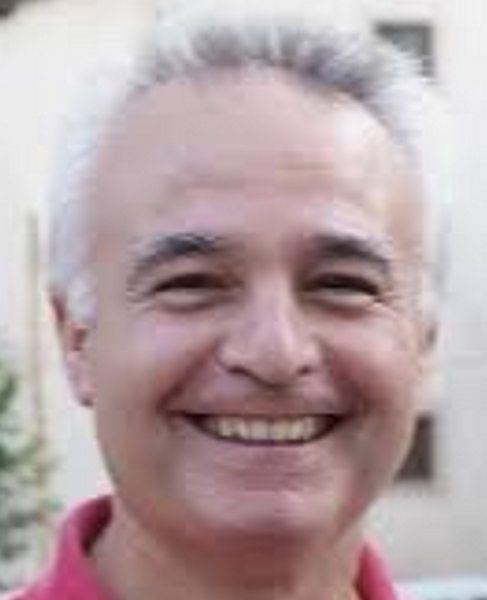
Description: From the pioneering works of Dantzig, Edmonds and others, linear programming based methods have been successfully applied to the solution of many combinatorial optimization problems. These methods basically consists of trying to formulate the problem as a linear program and using the existing powerful methods of linear programming to solve it. Routing problems are no exception and it can be said that LP-based methods are currently among the most effective ones for solving NP-hard node and arc routing problems. These methods rely for their effectiveness upon a good understanding of the polyhedrong associated with the problem under study. This talk is concerned with the application of polyhedral theory to the construction of effective optimization algorithms for the solution of routing problems.
Title of the course: Developing a heuristic the modern wayPr. Kenneth Sorensen
Professor Univ. Antwerpen
Description: There are several ways to go about developing a heuristic. In this lecture, we discuss a modern approach to building an optmization algorithm. This approach is based on a thorough understanding of the (structure of) good solutons for the problem, and entails (1) selecting an appropriate metaheuristc framework, (2) selecting or designing a (set of) appropriate algorithmic operator(s), (3) implementing everything efficiently
Title of the course: Split AlgorithmsPr. Christian Prins
Professor Univ. of Troyes
Description: In metaheuristics for vehicle routing problems (VRPs), each solution can be encoded as a giant tour visiting all customers. This approach reduces considerably the size of solution space and induces no loss of information, because splitting procedures can be designed to convert optimally a giant tour into feasible routes for the VRP at hand. The price to pay is the additional running time for the splitting procedure, but fast (polynomial) implementations are often possible. Anyway, metaheuristics based on giant tours have proved very successful: for instance, the current best metaheuristic on 29 different VRPs is a hybrid genetic algorithm based on this technique (Vidal et al., EJOR 234, 658-673, 2014).
The tutorial given at the Spring School will include one course and one practical session . The course will present the basic tour splitting procedure, more complex versions to handle various constraints, some implementation tricks, and applications to VRP metaheuristics.
Title of the Project based Learning:
The project will consist in finishing an evolutionary local search (ELS) in C for the capacitated vehicle routing problem, by adding a tour splitting procedure. Then this procedure will be enriched to handle additional constraints like multiple depots. The participants will have finally a good example of VRP metaheuristic based on tour splitting. To save time, the source codes to complete will be supplied. The participants should bring their portable PC with either the Visual C++ (Windows) or GCC (Linux) compilers. Only very basic C++ features, if any, will be used : e.g., "const", boolean type "bool", stream input/output "<<" and ">>" but no classes.
It is possible for students knowing Java, Python, C#, VBA etc. but not C to attend the session but I cannot prepare source codes in these languages. However, there will be a second and simpler project for such students who will have to write entirely their code : implement the tour splitting procedure and then embed it in a randomized heuristic building giant tours. The students interested must bring a PC with a compiler/interpreter for their favorite language
Title of the course: Constraint ProgrammingCR. Emmanuel Hebrard
Researcher Manager at Toulouse (CNRS)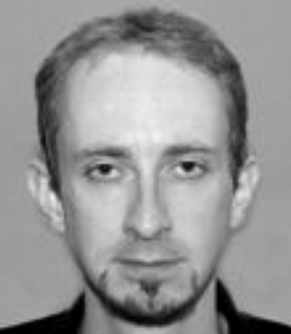
Description: TThis course is a short introduction to constraint programming with a focus on modeling. Several examples, in particular from scheduling, will underline the important behind-the-scene aspects of constraint programming: constraint propagation, and branching strategies. Constraint propagation, in particular, is highly relevant to modeling. It will be shown how modeling decisions can affect propagation and how this defines what one may call "good modeling practices". A practical session will follow, where several problems will be modeled and solved using either Choco (a constraint solver in Java: http://www.choco-solver.org/) or Numberjack (A constraint modeling API in python with a number of back-end solvers: https://github.com/eomahony/Numberjack).
Title of the Project based Learning: A Column Generation algorithm for the Vehicle Routing Problem Time WindowsDr. Thierry Garaix
Associate Professor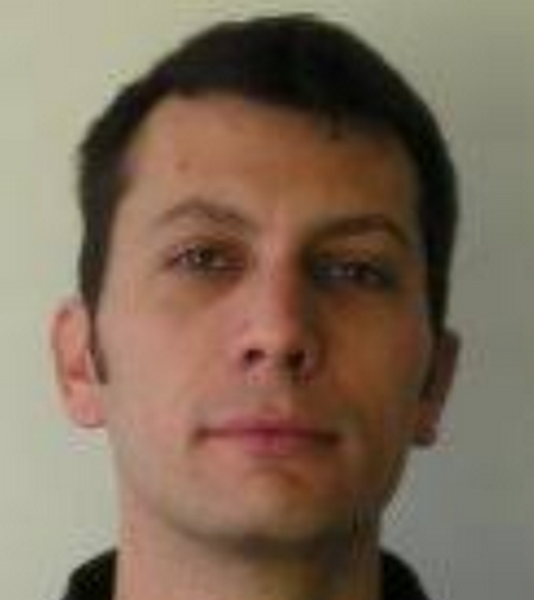
Description: The objective is to code the complete algorithm starting from a C++ framework
Title of the Project based Learning: Implementation of web servicesDr. Pierre Bomel
Associate Professor at Lorient
Description: During the session, the participants will be introduced with the concept of web services and web services designed for routing problems. Then they will use the web service designed at Lab-STICC to implement new algorithms solving routing problems. A condition to participate to this course is to sign the NDA provided by the organizers.
Title of the course: Column generationPr. Dominique Feillet
Professor at EMSE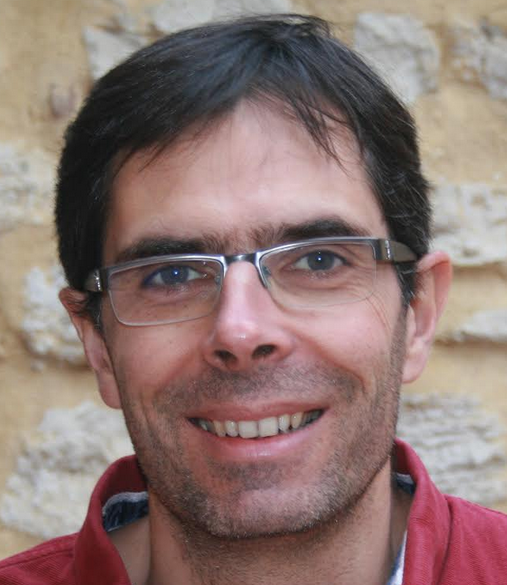
Description: Short description of the course: In this course, we will give a brief introduction on column generation. The course will be very didactic and concerns students that already have basic knowledge in linear programming (simplex method / duality) but have no previous experience on column generation. For the sake of simplicity, the method will be presented through its application on a practical problem: the Vehicle routing Problem with Time Windows.
-
We would like to thank all our sponsors without whom this event would have never taken place.
Special thanks to :
• GdR-RO for a support of 3 000 euros. • Connected Innovation Chair for a support of 2 000 euros. • ICD-LOSI for a support of 2 000 euros. • EU/ME european working group for a support of 1 000 euros. • Spanish society of operation research for a support of 1 000 €. • OptaLP for a support of 1 000 euros. • ROADEF for a support of 600 euros.
Note that the co-organizer (GT Bermudes, GT2L, OSI and META)
• provides a support of around 1 000 euros per group.
-
• Signs-in : Philippe Lacomme (placomme@isima.fr) • Local organization: Caroline Prodhon (caroline.prodhon@utt.fr) • Head of the LOSI hosting the event: Farouk Yalaoui (farouk.yalaoui@utt.fr)
-
• UTT's core missions are to conduct research, deliver education & training and facilitate technology transfer. UTT is a French institution of higher education established in 1994. It is today one of the largest engineering schools in France. The UTT web site : link • Research activities at UTT are conducted by eight teams within the Charles Delaunay Institute (ICD). The Institute pursues an interfaculty approach to the central theme underpinning all research efforts: risk management science and technology (RMST), one of the major challenges facing modern society. The UTT web site : link • The ICD-LOSI team has brought together specialists of research areas in the field of production system design and management, the supply chain and transport. Our methodology consists in working out relevant models for real systems, in analysing their mathematical properties and then developing optimisation algorithms and efficient simulation methods. • The ICD-LOSI web site : link
-
• Easy acces from Paris: by car about 2 hours solving an shortest path problem to optimality - See solution hereafter • Road trip by train possible. See the (Train Schedule)
- • List available here
International Spring School − Integrated Operational Problems − UTT/LIMOS © 2018Visitors number : 658 -

